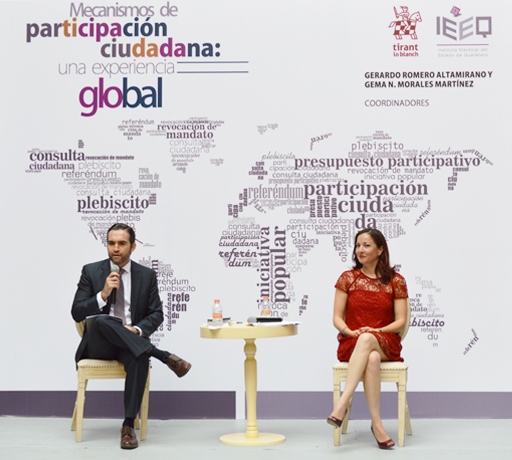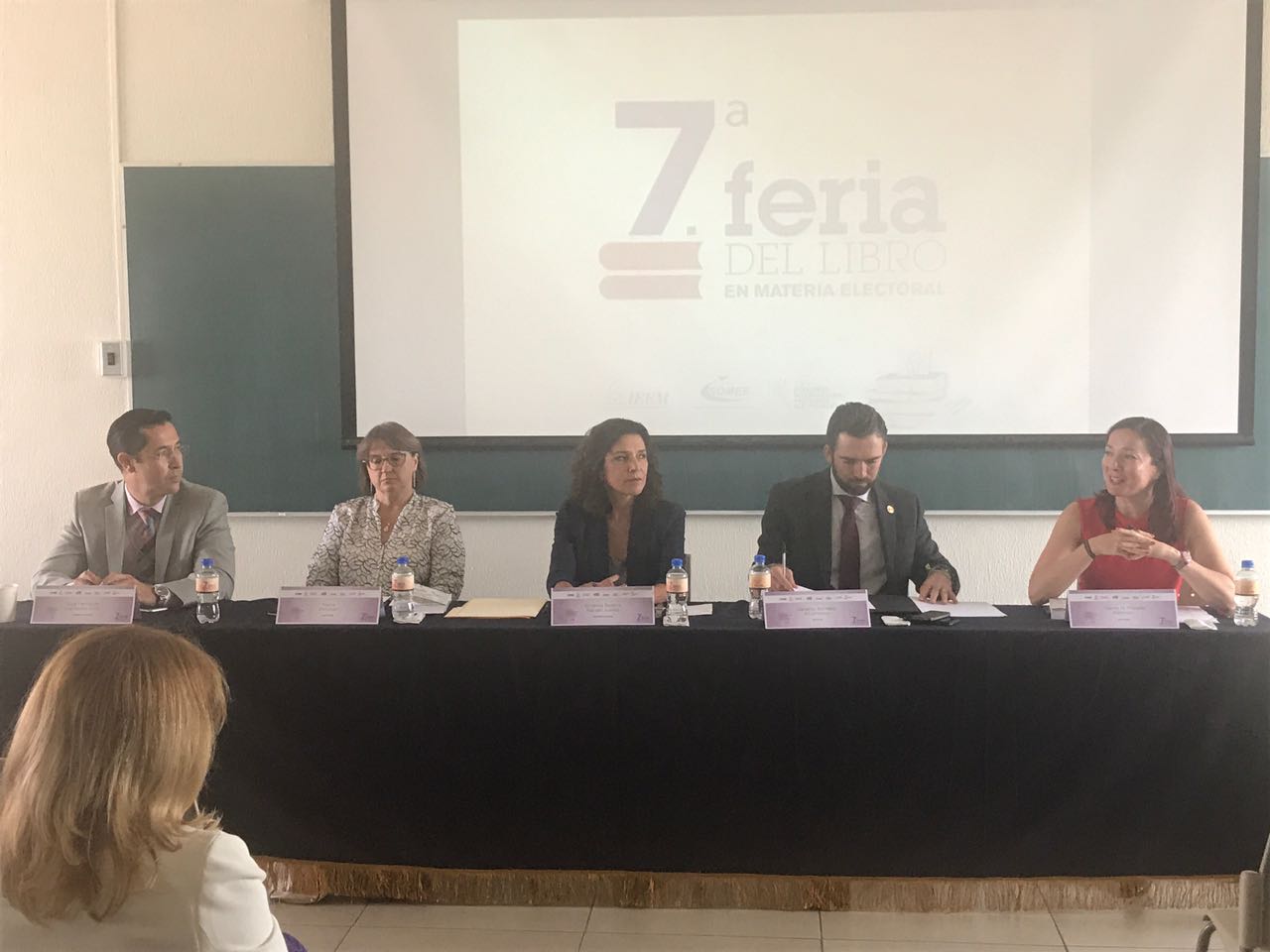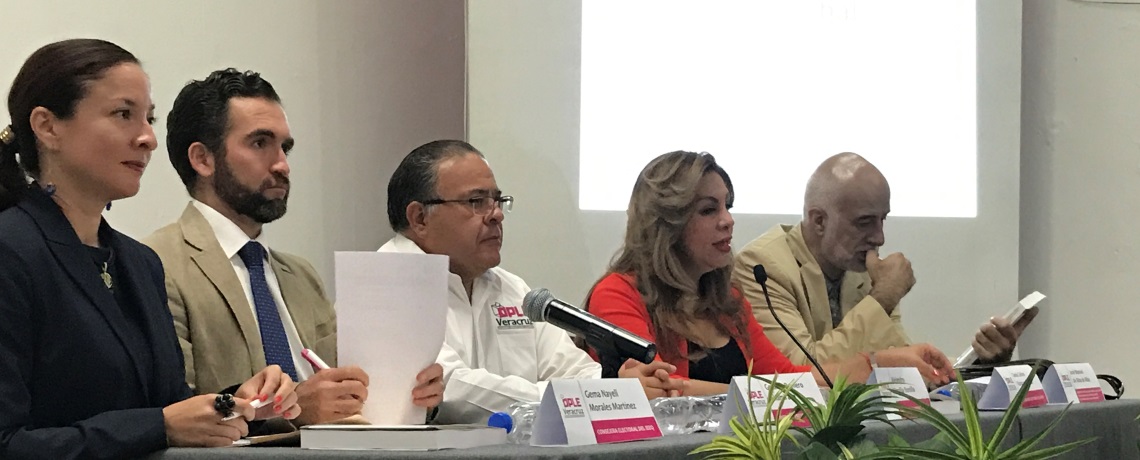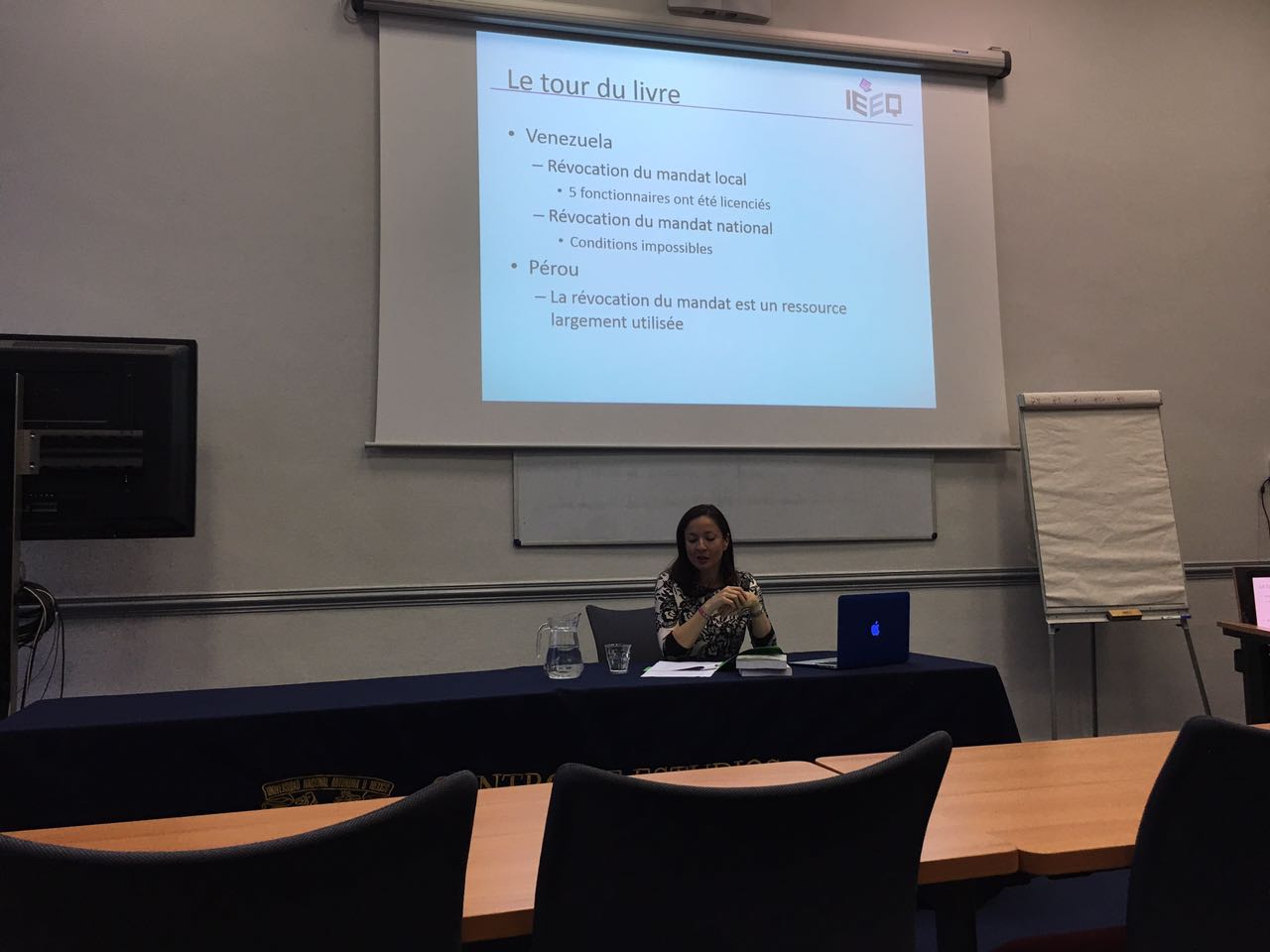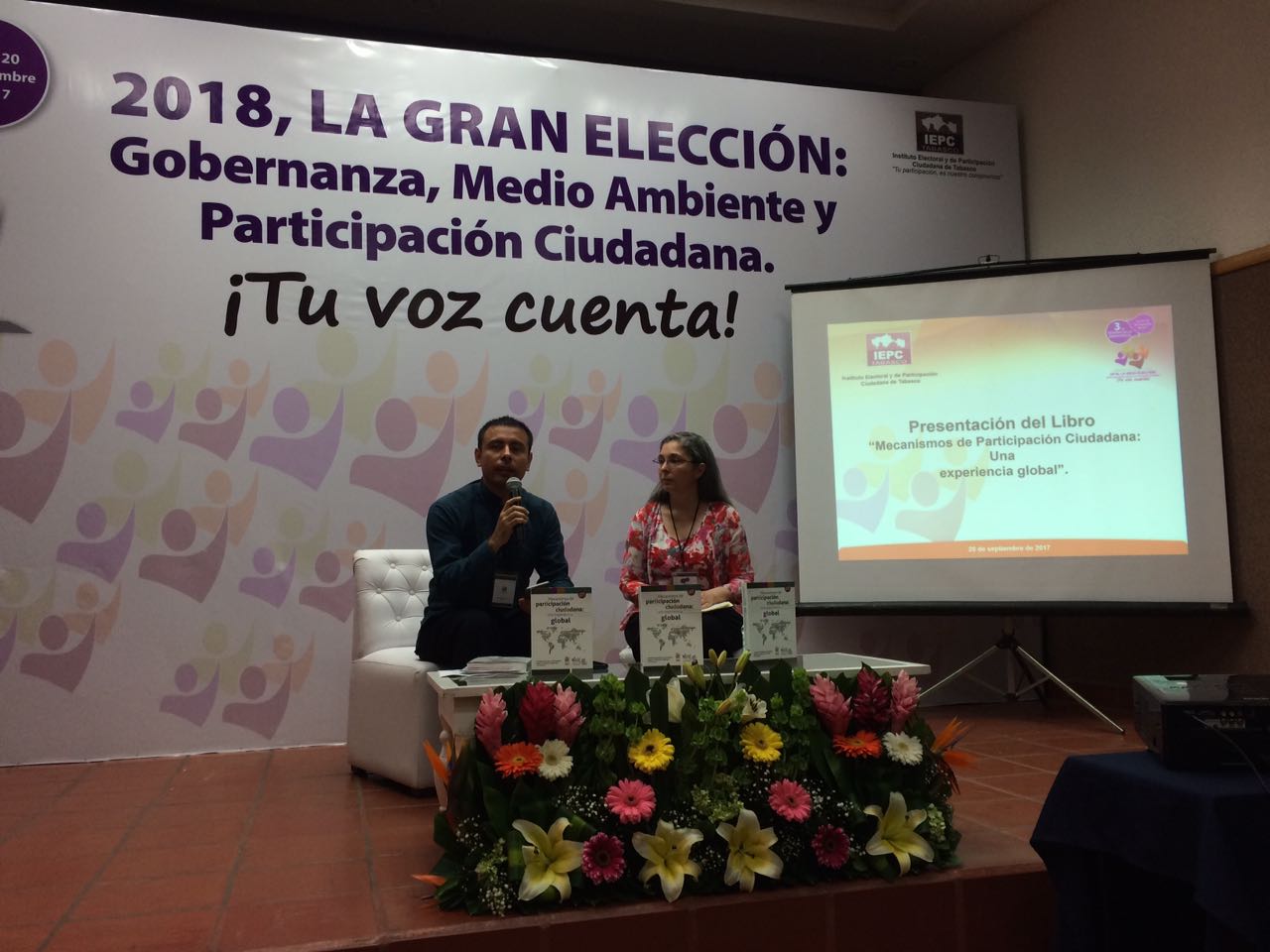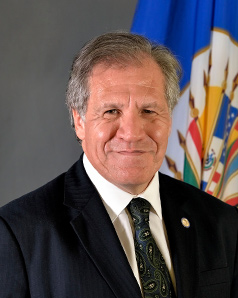
The democratic dividend: civic education for democracy, inclusion, participation and citizenship
Luis Almagro
The defense and promotion of democracy is a guiding principle of the Inter-American System. The Inter-American Democratic Charter starts with a simple but powerful statement: "the people of the Americas have the right to a democracy and their government the duty to promote it and defend it".
It is necessary to add that the consolidation and deepening of democracy requires, also, the development of a democratic and political culture
In the Preamble of the Inter-American Democratic Charter (2001) it is noted that:
“(...) education is an effective means to promote consciousness on citizens in respect to their own countries and, that way, achieve a significative participation in the decision-making process (...) to achieve a solid and democratic system”.
Article 26 of the Charter establishes that:
“The OAS will continue to carry out programs and activities designed to promote democratic principles and practices and strengthen a democratic culture in the Hemisphere, bearing in mind that democracy is a way of life based on liberty and enhancement of economic, social, and cultural conditions for the peoples of the Americas. The OAS will consult and cooperate on an ongoing basis with member states and take into account the contributions of civil society organizations working in those fields”.
Likewise, in article 27 it is stated that:
“The objectives of the programs and activities will be to promote good governance, sound administration, democratic values, and the strengthening of political institutions and civil society organizations. Special attention shall be given to the development of programs and activities for the education of children and youth as a means of ensuring the continuance of democratic values, including liberty and social justice”.
It is an honor to write the prologue to this book titled "Civic Education: A Global Experience", sponsored by the Electoral Institute of the State of Queretaro in Mexico, because it is a valuable contribution to the strengthening of democracy in our continent.
This Global study on experiences and good practices on civic education, edited by Gema Morales Martínez and Gerardo Romero Altamirano, constitutes a source for analysis, comparison, and inspiration for all the nations in our hemisphere. The reader, and especially those who work on the defense and promotion of democracy, will find in these pages material of great help.
The study gathers experiences from the Americas and also from Europe, Africa, and the Middle East, which gives it a special value because it proves that geographic distances or cultural differences do not constitute an obstacle for the development of programs oriented towards the strengthening of democratic values.
The chapters are rich and illustrative and, in this brief prologue, I will highlight some of the very interesting cases described. The book starts analyzing the NECE and it tackles the inciatives made by it to strengthen democratic values, in countries in which some perceive what they call a "democratic fatigue".
Next, a rich experience in schools with high levels of violence Argentina is studied. this initiative have you have objective to strengthen coexistence from equality and inclusion and to promote pacific habits and conducts.
Particularly relevant is the work done by the Brazilian Institute of Citizenry Development, that under the project “Building a Nation”, develops a series of programs that reach over 8,000 elementary and secondary schools and over 6.6 million people
Equally significant is the experience to promote deliberative democracy in Denmark, not only as a decision-making political process but, above all, as a way of life. It is a contribution that deserves to be highlighted because it is made in a context that tends to consider deliberative democracy as a luxury of small polis and, therefore, a focus of limited practical value.
In Canada, a partnership of NGOs gathered in the organization People for Education, works actively in a project called Measuring What Matters (MWM). The initiative, apart from evaluating the quality if public education in Canada, has a component on the evaluation of civic involvement, i.e. practical strengthening of the citizenry. This experience proves that, even in countries with consolidated democracies of a long historic tradition, it is necessary to keep promoting democratic values in a more active way.
In Spain, the University of Navarra develops a program of social and institutional responsibility the turns the so-called university "extension" in an opportunity o strengthen democratic and civic participation values. In the Netherlands, a vigorous on-site learning initiative is being developed, i.e. a direct interaction with government instances and real politicians, to reinforce that a democracy is more than just the periodical election of authorities. Also, a legally binding program to stimulate open school environments, appropriate curricular content, and connection with the social environment is in the works. To summarize, they are programs that emphasize that democracy needs a lot more than 51 percent of the vote.
In Mexico, the Electoral Institute of the State of Queretaro develops an active program for the promotion of democratic values and practices in collaboration with strategic stakeholders. In Guatemala, the NGO and Cooperatives Coordination's Institute for Democracy is working on a project in Sayaxché and Panzós to empower the Q’eqchi’ population, in a zone of high conflict due to mining activities and poverty and extreme poverty.
The book also analyzes experiences in Australia, Nepal, Japan, Jordan and the United Kingdom, and includes experiences to promote participative democracy in South Africa and Ghana. It also explores programs executed by institutions such as the Institute dor Democracy and Electoral Assistance (IDEA), the International Foundation for Electoral Systems (IFES), the National Democratic Institute (NDI) and the United Nations Education Science and Culture Organization (UNESCO).
In short, this book is a substantial and valuable contribution to the strengthening of democracy. The member countries of the Organization of American States (OAS) have an unchanging resource for the development of their civic education programs.
Congratulations to the Electoral Institute of the State of Querétaro for this remarkable contribution, and to Gema Morales Martínez and Gerardo Romero Altamirano for their valuable effort.


